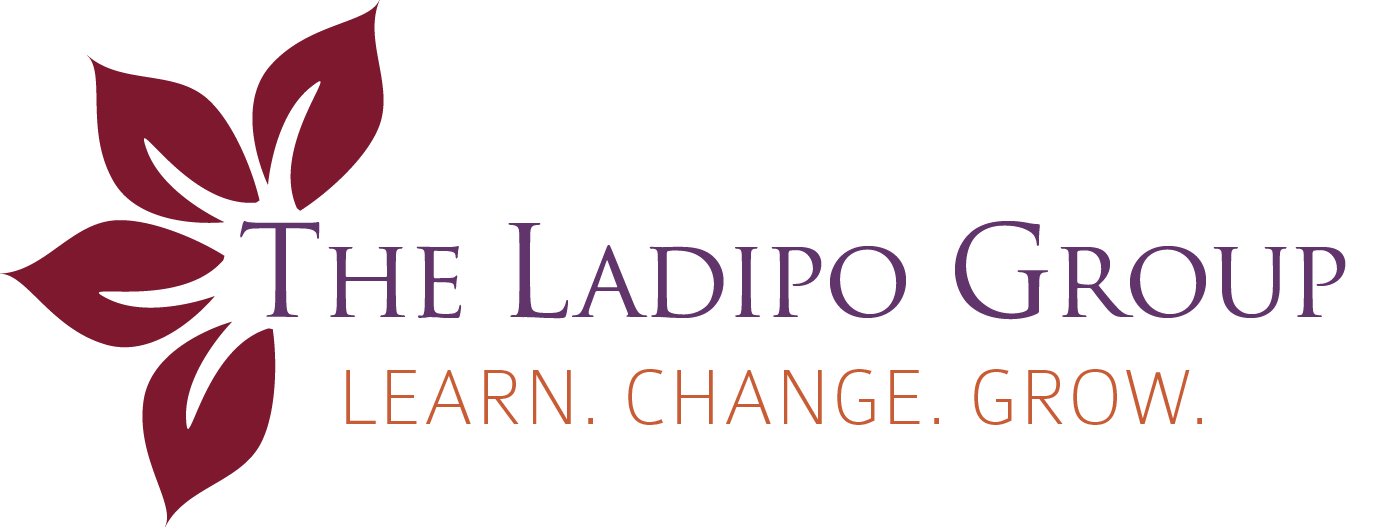The era of the smartphone means that we are now witnessing, for the very first time, what has long happened behind closed doors and in hushed whispers. We’ve seen unarmed people beaten or killed by police, heard racist terms used against customers and employees, and witnessed companies and people call the police on black people simply for being black in public. The recent outrage over a Starbucks manager calling the police on two black men is just scratching the surface of the problem. Yet I continue to encounter people who don’t understand why people of color are still so upset when it “happened over a month ago.”
Why media stories are a stark reminder of a scary world
The arrest of Black men and women for simply existing in public is a potent reminder that people of color navigate a different world. Black parents know they must train their children to be cautious, lest they be arrested, stigmatized, or killed for walking through the world while Black. Racism is more than just an inconvenience. It has and continues to claim countless lives.
So when the police are unfairly called on black people and when people and companies engage in racist behavior it reminds us of the persistent injustice and life-threatening terror that some of us face.
Starbucks apologized and promised to do better. So why are people still angry?
Remember when you were a child and had to learn how to apologize? You probably learned that there was a big difference between a resentful, perfunctory apology and heartfelt remorse. You probably also learned that “I’m sorry if you felt…” is never a good way to start an apology. Perhaps most importantly of all, you hopefully learned that apologies don’t mean much if you don’t change your behavior.
Those early lessons are relevant to anti-bias training, to corporate apologies, and to understanding the far-reaching effects of institutionalized racism. For Black and Brown people, the issue isn’t over with an apology because there has been no demonstration that the problem or behavior has been changed. This isn’t about an isolated incident, it’s about the persistent way minorities are criminalized for common everyday behavior.
A half day company-wide training does not elicit change. Instead, it turns racism into something to briefly discuss and study—not something that damages lives and communities. A day of training is just a band-aid. We need systemic change with clear policies that reduce the discriminatory behavior that follows implicit or unconscious bias.
The myth of Diversity = Anti-whiteness
Reducing unconscious and implicit bias and creating policies that hold people accountable for their discriminatory behavior is not ‘anti-white’. It is not a call to demonize people but rather a call to action to change in recognizing that racism is alive and well in our country and even within companies that do good and have good intentions. It is only when we honestly acknowledge this that we as people and companies can make a commitment to do what is necessary to change.











